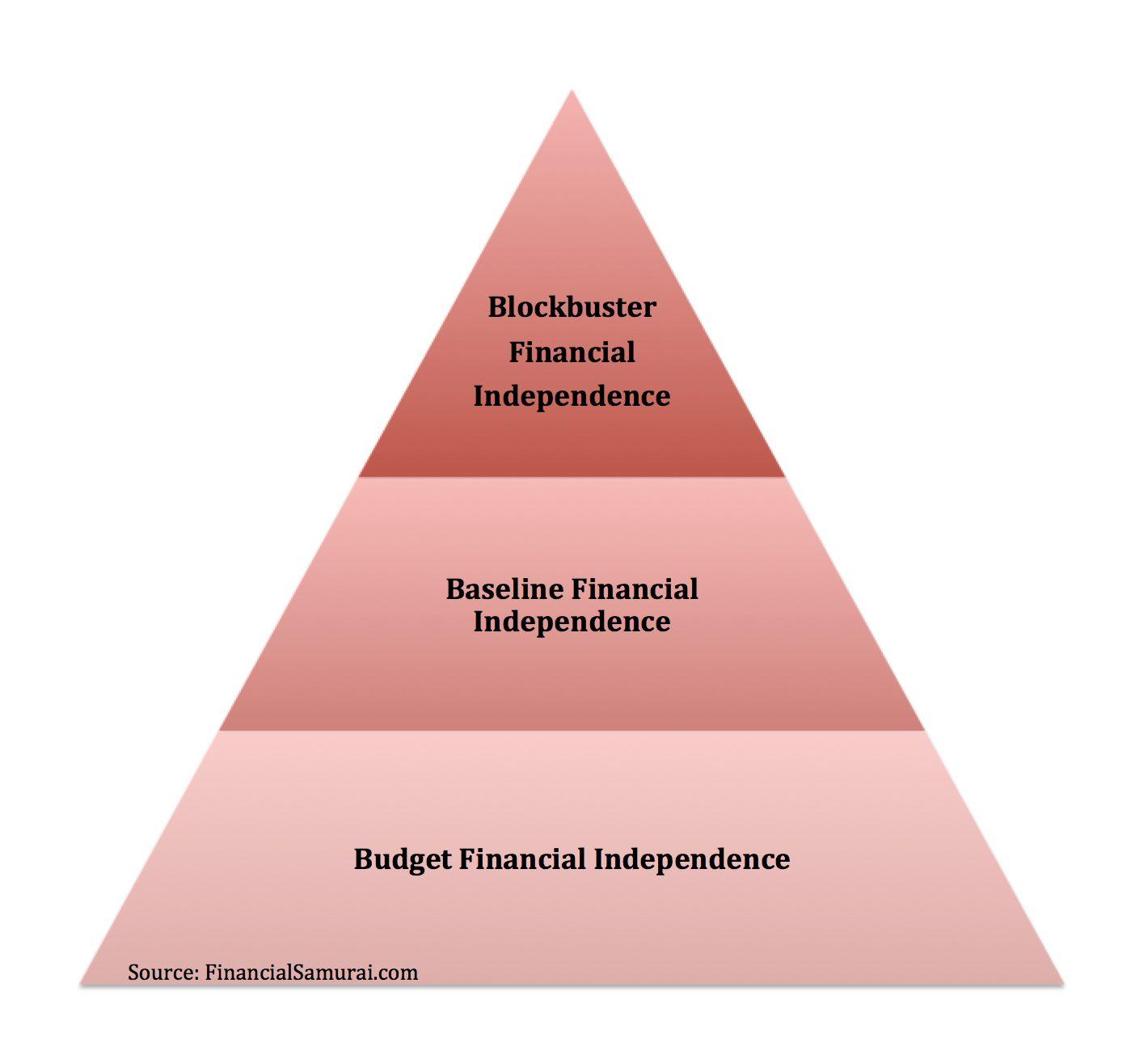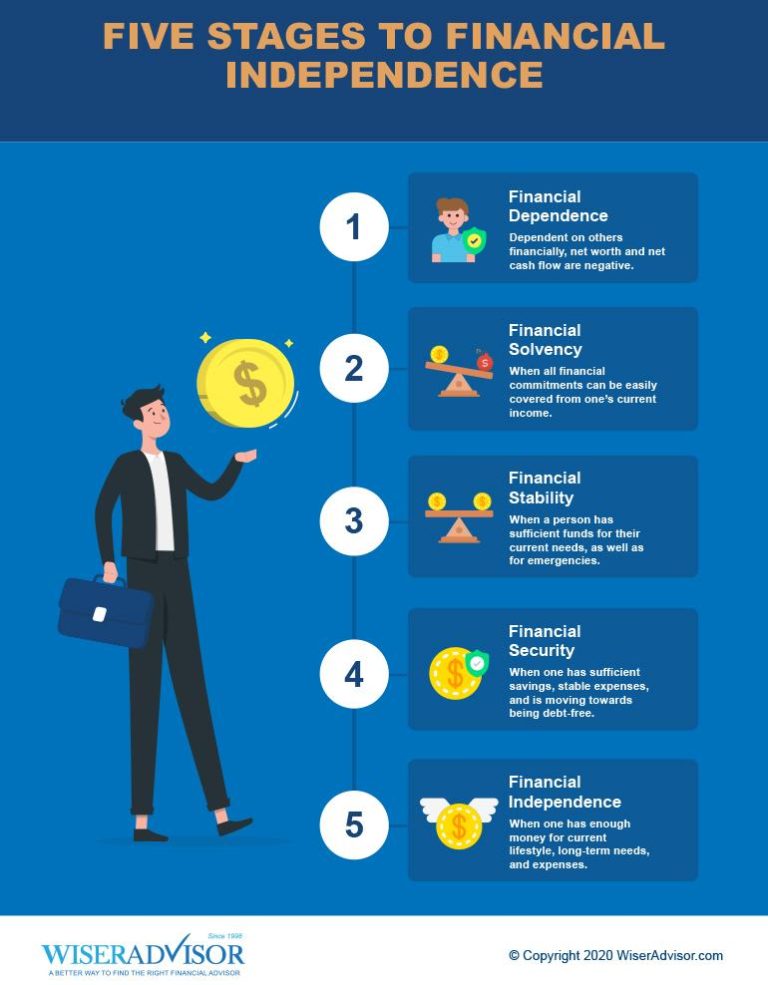Achieving true financial independence is a dream many of us share, yet few fully understand what it entails or how to reach this coveted state of financial freedom. In this article, we will delve into the concept of financial independence, explore what it truly means, and provide actionable steps to help you pave the way towards achieving this ultimate goal. So sit back, buckle up, and get ready to embark on a journey towards securing your financial future.
Understanding Financial Independence
Financial independence is a state where an individual has enough income to cover their living expenses without being reliant on a job or the support of others. It means having the freedom to make choices about how to spend time and money, without being constrained by financial obligations. Achieving financial independence requires careful planning, disciplined saving, and wise investment decisions.
One key aspect of financial independence is managing expenses. By creating a budget and tracking spending habits, individuals can identify areas where they can cut costs and save more money. Another important step towards financial independence is investing wisely. By diversifying investments and staying informed about market trends, individuals can grow their wealth over time. Ultimately, financial independence is about taking control of one’s financial future and creating a secure foundation for the years to come.

The Path to Achieving Financial Independence
Financial independence is the ultimate goal for many people, but what does it really mean? At its core, financial independence is the ability to live comfortably, without relying on a job or anyone else for financial support. It means having enough savings and passive income to cover your expenses and enjoy the lifestyle you desire.
So, how can you achieve financial independence? It all starts with setting clear goals and creating a solid financial plan. This may include budgeting, saving, investing, and building multiple streams of income. By being disciplined and patient, you can gradually work towards your financial independence and enjoy the freedom that comes with it.

Strategies for Attaining Financial Independence
Financial independence is the ultimate goal for many individuals seeking control over their financial future. It means having enough savings, investments, and passive income to afford the lifestyle you desire without relying on a traditional 9-5 job. To achieve financial independence, it requires discipline, dedication, and strategic planning.
Here are some strategies to help you attain financial independence:
- Set Clear Financial Goals: Define your financial goals and create a plan to achieve them. Whether it’s saving for retirement, buying a home, or starting a business, having specific goals will help you stay focused and motivated.
- Live Below Your Means: Spend less than you earn and avoid lifestyle inflation. Cutting unnecessary expenses and living frugally can help you save more money and reach financial independence sooner.
- Invest Wisely: Diversify your investments and take calculated risks to grow your wealth. Consider investing in stocks, bonds, real estate, and other assets to build a strong portfolio.

Investing in Your Financial Independence
Financial independence is a goal that many people strive for throughout their lives. It means having enough income to cover your expenses and achieve your financial goals without being reliant on a job or anyone else for financial support. Achieving financial independence requires careful planning, discipline, and smart investing.
One key way to work towards financial independence is to start investing early and regularly. By investing in assets that generate passive income, such as stocks, bonds, real estate, or businesses, you can build a portfolio that grows over time. Diversifying your investments is also important to reduce risk and increase potential returns. Taking control of your finances and making strategic investment decisions can help you on the path to achieving true financial independence.
Q&A
Q: What exactly is financial independence?
A: Financial independence is the ability to maintain your desired lifestyle without having to rely on a regular paycheck or financial support from others.
Q: How can someone achieve financial independence?
A: Achieving financial independence typically involves a combination of saving, investing, and smart financial planning. It also requires living within your means and avoiding unnecessary debt.
Q: What are some key steps to take towards achieving financial independence?
A: Some key steps include creating a budget, setting financial goals, establishing an emergency fund, paying off debt, and investing wisely for the future.
Q: How important is financial independence for overall well-being?
A: Financial independence can significantly reduce stress and anxiety related to money, provide a sense of security, and ultimately lead to greater freedom and flexibility in life choices.
Q: Is it ever too late to start working towards financial independence?
A: It is never too late to start working towards financial independence. While starting early can provide more time to build wealth, even small changes and smart financial decisions can make a difference at any stage of life.
To Wrap It Up
As you embark on your journey towards financial independence, remember that it is not just about accumulating wealth, but about gaining control over your finances and ultimately achieving the freedom to live life on your own terms. By setting goals, creating a plan, and being disciplined in your financial habits, you can pave the way towards a secure and fulfilling future. So take the first step today and start on the path towards financial independence – your future self will thank you for it.



[…] strategy. On the financial side, advisors can assist with strategies such as budgeting, debt management, and future planning. In contrast, therapists can help you understand the emotional triggers and […]
[…] concentration: Helps to reduce distractions, allowing you to stay focused on financial […]
[…] only help you keep track of your spending but also offer features like categorizing expenses, setting financial goals, and sending reminders for bill payments. Try out a few to see which one suits your needs […]
Thank you for writing this post. I like the subject too.
Thank you for your kind words! I’m glad you enjoyed the post. Achieving financial independence is a fascinating topic, and it’s wonderful to hear that you share an interest in it. If you have any thoughts or questions about the subject, feel free to share them!